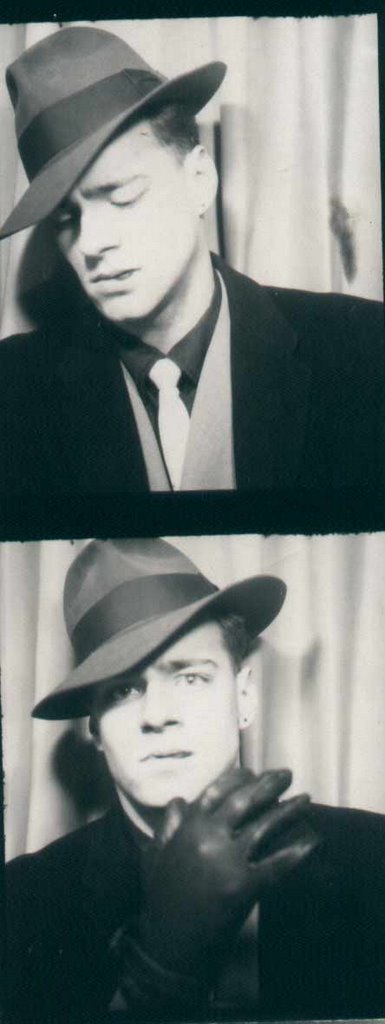
Eberhard Köbel was born in Stuttgart on 22 June 1907. From the age of 13, in 1920, Köbel was a member of the Wandervogel, a youth movement with an anti-bourgeois ethos that advocated shaking off the restrictions of society and getting back to nature and freedom. Köbel soon became a leader in the movement, inventing the Kothe, or German Scout Tent, a design that consists of several smaller canvas panels that are carried by individual scouts and then assembled when they reach the campsite.

In 1926 Köbel joined the German Freischar, a fusion of Wandervogel and Boy Scouts groups; a year later, under the pseudonym “tusk” he advocated the formation of a unified German youth association for boys. On November 1, 1929 Köbel established the “dj 1.11.” as a secret conspiracy to renew and mobilize the Wandervogel against the rising Hitler Youth movement. In the spring of 1932, hoping to make a more effective resistance to the Nazis, he resigned as head of “dj 1.11.” and joined the Young Communist League and the German Communist Party (KPD).
On January 18, 1934, about a year after Hitler's seizure of power, Köbel was arrested for trying to infiltrate the Hitler Youth. After being severely maltreated in custody several times, he was released from Columbia Haus Prison in Berlin at the end of February 1934, and banned from future youth work. During the Night of the Long Knives of June 30, 1934, when Hitler not only purged the Nazi Party of leftists but settled other scores as well, Köbel narrowly missed being murdered by fleeing via Sweden to London. In England, Köbel kept in contact with the Free German Movement as well as working closely with Otto Strasser's Black Front resistance organization. Köbel returned to Berlin in 1948 and worked as a youth leader in East Germany until his death on 31 August 1955.




No comments:
Post a Comment